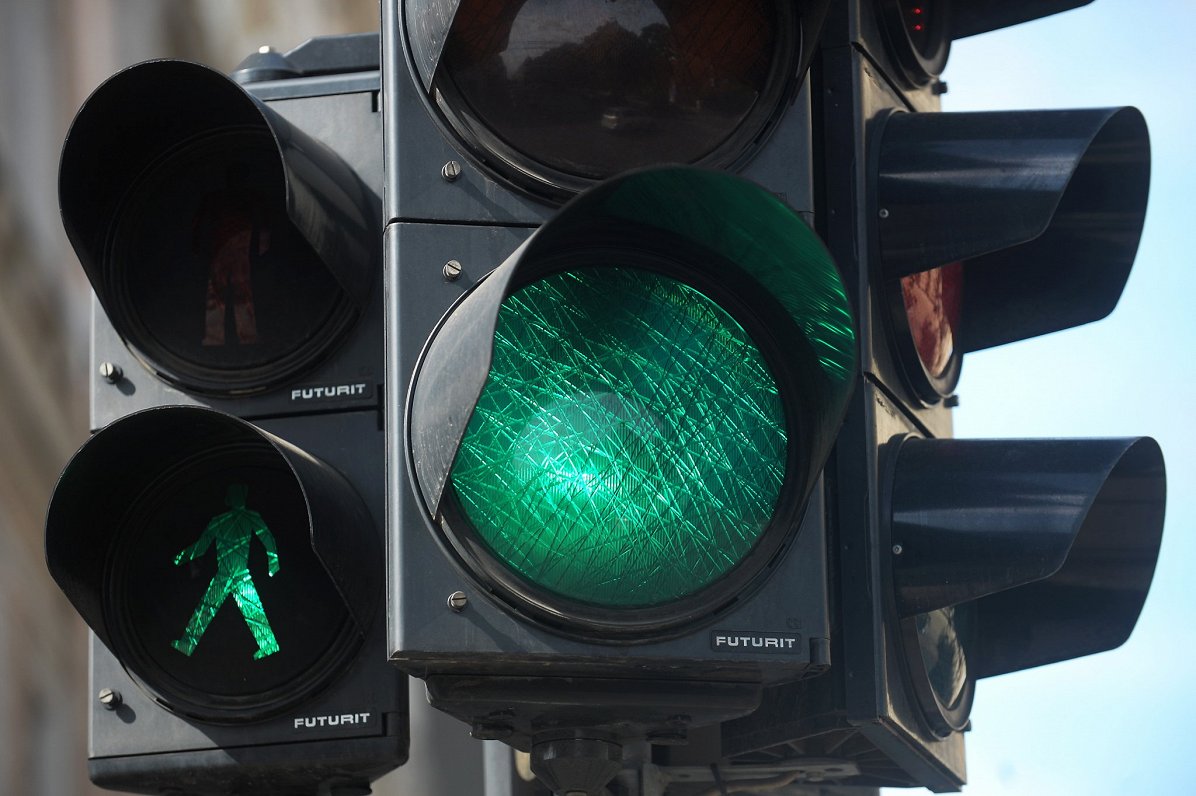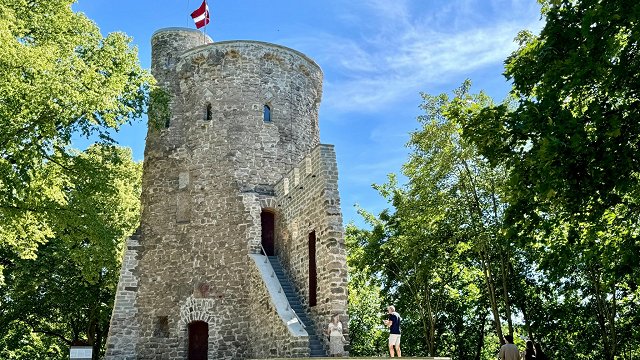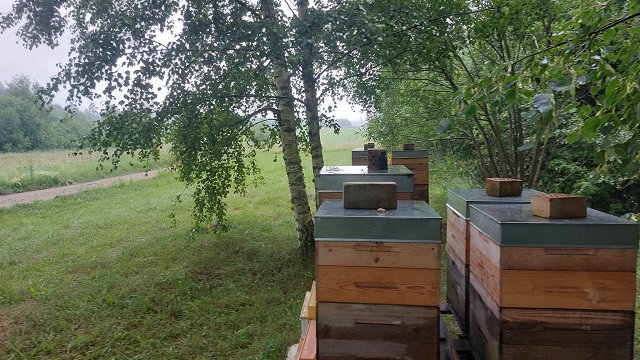In the news of Latvian Radio in January 2012, it was reported: "Latvia is the second greenest country in the world. The first place is taken by Switzerland in the competition of 132 countries in the just-released Yale and Columbia University study. In the study, the countries are ranked by evaluating 22 indicators in ten categories, which include air and water quality, climate change, biodiversity and forest regeneration."
So, 12 years ago, we were recognized as the greenest country in the European Union and the second greenest in the world, at least according to this particular index. And the passing of more than a decade has not prevented the "fact" from being parroted ever since.
The latest report in the series is for the year 2022, and in it Latvia ranked 12th among the 27 countries of the European Union. So, just a bit better than average.
The 2022 report evaluates three categories of criteria. The first group and Latvia's biggest stumbling block is environmental health, which includes air and water quality, heavy metal pollution and waste processing. The second category is ecosystem vitality. It consists of, for example, biodiversity, nature conservation measures, pesticide use in agriculture and habitat loss. The third and last is climate policy.
However, the questionable fact that Latvia is the greenest country in Europe is still repeated by many, including candidates for the European Parliament elections.
In the TV3 program "900 seconds", criticizing the EU's Green Course initiaitive, Vilis Kristopans, number one on the European Parliament election list of the "Latvija First" party, repeated the claim, saying: "What threatens our forest owners, what threatens our farmers in the greenest country in Europe, is not right."
Indeed, the claim that Latvia "is one of the greenest countries in Europe" is also explicitly stated in his party's 2024 election program.
Meanwhile the leader and candidate of the "Sovereign Power" party, Jūlija Stepaņenko, also expressed a similar opinion to "Ir" magazine: "Latvia is the cleanest and greenest country in the EU with high-quality and carefully grown food."
It seems that the claim about Latvia being greenest country in Europe has had no basis for at least a decade. Asked by Re:Check about the source of their 'greenest in Europe' claims, Kristopans refused to say where he got his information and Stepaņenko did not answer the question, either.
Why did Latvia in slide down the list?
Every year the creators of the index review it and re-evaluate the criteria. The authors point out that therefore the evaluations of different years cannot be compared with each other. Secondly, researchers take into account not only the current situation, but also the progress of countries.
Some also judge how green a country is by the area covered by forests. In this regard, according to Eurostat data, Latvia is in fifth place. Therefore, we cannot say that we are the greenest in Europe even in terms of the proportion of forests.
It's true that Latvia does fairly well in some green comparisons. For example, Latvia is ranked third in the European Union for the use of renewables in its energy mix – largely thanks to its large hydropower capacity. But when it comes to use of renewables in transport, Latvia performs poorly. The average share of energy from renewable sources in transport across the EU increased from 1.6 % in 2004 to 9.6 % in 2022. In Latvia it was just 3.1 %.
When it comes to waste and recycling, Latvia is again a mix of good and bad. It is among the least wasteful EU countries in terms of the amount of waste generated per person – but on the other hand, household sorting of waste which has been common in many countries for years already was only introduced in Latvia this year on a large scale.
Yet to be introduced is a system giving accurate data on the use of pesticides – though Eurostat data points out that their use was increasing in Latvia during the period since the 'greenest country' claim first appeared, contrary to the trend in most other EU member states.
So, is Latvia the greenest country in Europe? It depends how you define 'green' – and anyone making the claim would be well advised to back it up by citing some data that isn't almost a teenager.




















